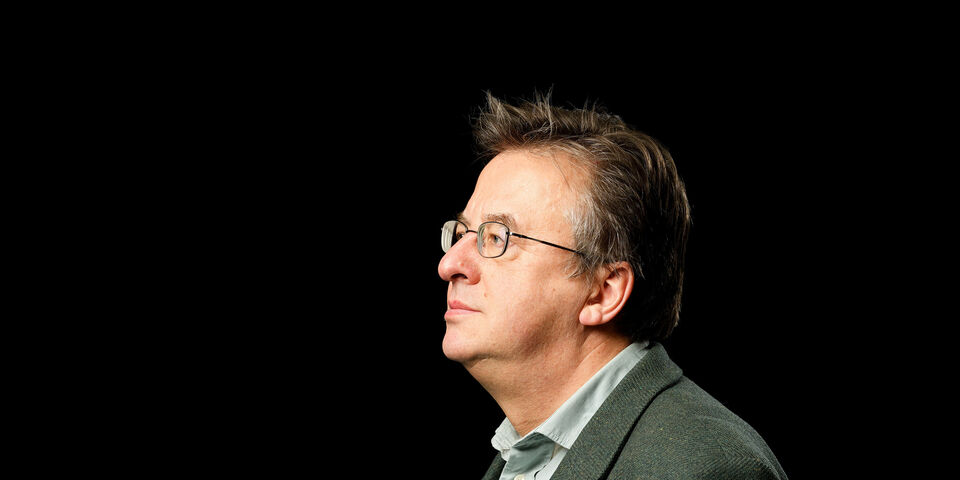Coaching across cultures
We are all coaches. Good parents coach their kids in a way that they become more friends than parents; inspiring leaders and collaborative managers coach their employees into being responsive and responsible team players. At the TU/e, versatile teachers now coach their students in their educational and personal development, and some Dutch students at TU/e also coach their international peers to help them integrate more quickly and better into our community. And let’s not forget that 17 million Dutch people often act as the coach of the national soccer team. Incidentally, it’s rather quiet in this respect at the moment…
The term coach is defined as “someone whose job is to teach people to improve at a sport, skill, or school”, so with “teacher” as a synonym. What it doesn’t explicitly say is whom you coach and this is where the cultural context comes in.
As a teacher, you probably do not coach a Dutch student in the same way as an international one. Ways of communication, perceptions of authority, respect for rules, learning styles, and the like, have an impact on the relationship between coach and coachee. Professional skills as showcased in the latest edition of Cursor (see website) are essential in this process on the side of the student/coachee. Further developing these skills in an intercultural context and hence creating cross-cultural competency (the ability to operate across different cultural settings), known as a 21st century skill, is paramount in the education of the modern (international) engineer.
But as we know, “it takes two to tango”. So, the teacher/coach also needs to develop specific competencies to coach students across cultures. Basically, they are the same skills as for the coachee, but with a special focus on cross-cultural didactics such as collaborative and culturally responsive teaching and other learning approaches. Some of these skills are taught at DPO and STU for the professionalization of our staff and the personal development of our students.
Finally, it also requires an attitude of empathy, open-mindedness and flexibility, in line with my favorite (Chinese) saying: “Teachers open the door, but you must enter by yourself”.


Discussion